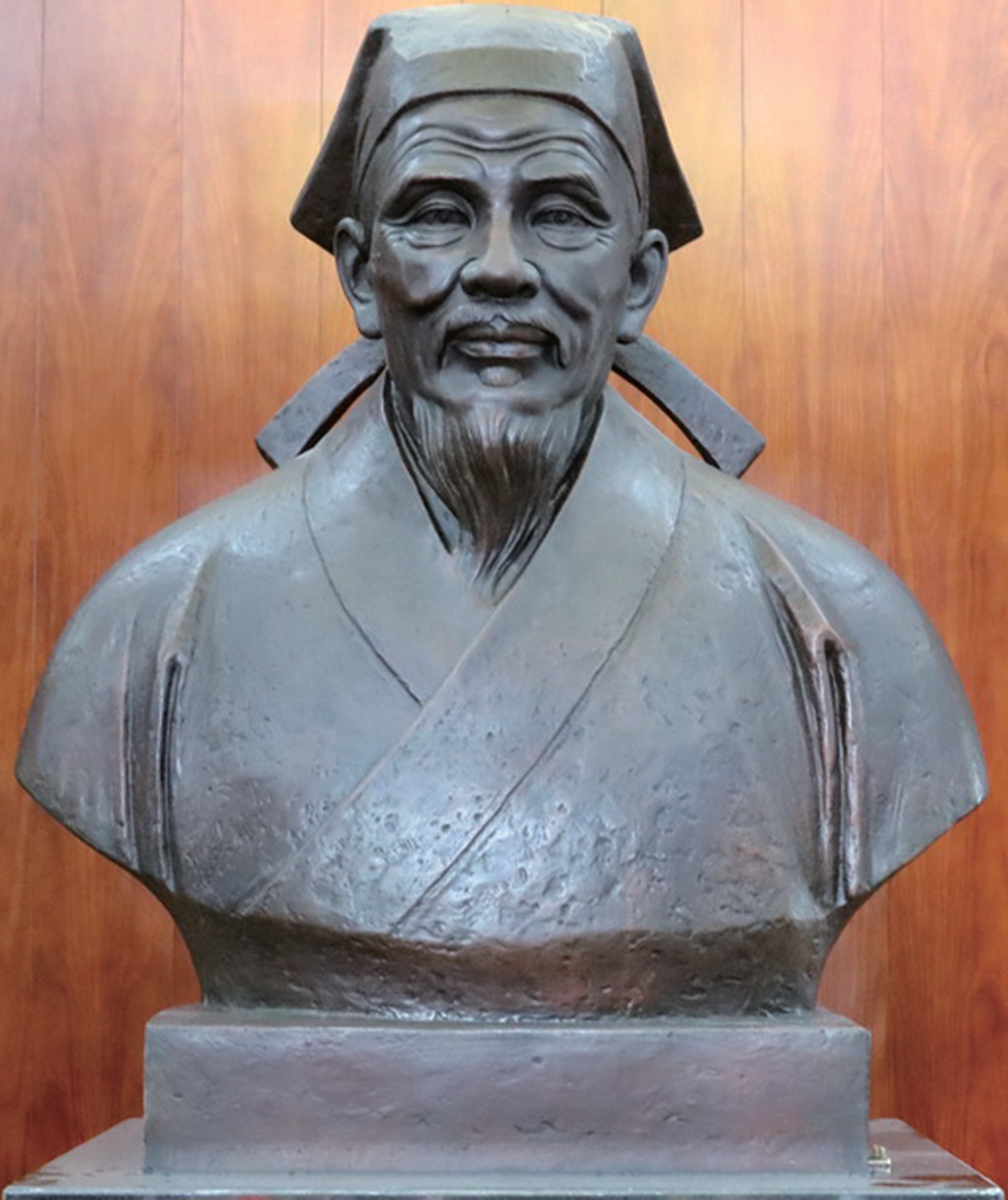Zhu Xi
chinadaily.com.cn| Updated: May 5, 2019

Zhu Xi (1130-1200), also known by his courtesy name Yuanhui (or Zhonghui), was a Chinese thinker, philosopher, educator and a Neo-Confucian master of the Song Dynasty (960-1279).
Zhu was born in Fujian province, and received instruction from his father at an early age. When Zhu was young, he was inspired by Mencius' proposition. Upon his father's death in 1143, he began to study under his father's friends, Hu Xian, Liu Zihui and Liu Mianzhi.
From 1153, he began to study under Li Tong, who followed the Neo-Confucian tradition of Cheng Hao and Cheng Yi (pioneers of Song Dynasty Neo-Confucianism).
Zhu was granted the title of Jinshi (the highest degree in the imperial examination) in 1148. His first official dispatch position was as a governor of Tongan county in Fujian's Quanzhou, in which he served from 1153 to 1156.
Zhu served multiple terms as a government official, although he tried to avoid public office and spent most of his time giving lectures in Fujian.
He built upon the teachings of Cheng Hao and Cheng Yi, and further developed their metaphysical theories in regards to li (理) and qi (气). Qi is the material of all things, while li is the essence and law of things. According to Zhu's theory, qi and li operate together in mutual dependence and he believed that li existed before qi.
Another theory Zhu advocated was gewu zhizhi (格物致知), which means "gain knowledge by investigating how things work".
Zhu was a scholar with wide learning in Buddhism and Taoism, historical literature, phonology, astronomy and geography. He wrote, compiled and edited almost a hundred books, including his editing and commentaries to the Four Books (四书), which were the core value and belief systems of Confucianism.
Zhu's thoughts and doctrines became the official philosophy of China from the Yuan Dynasty (1271-1368), not only influencing China's traditional ideology and culture, but also spreading to Korea and Japan.



 play
play